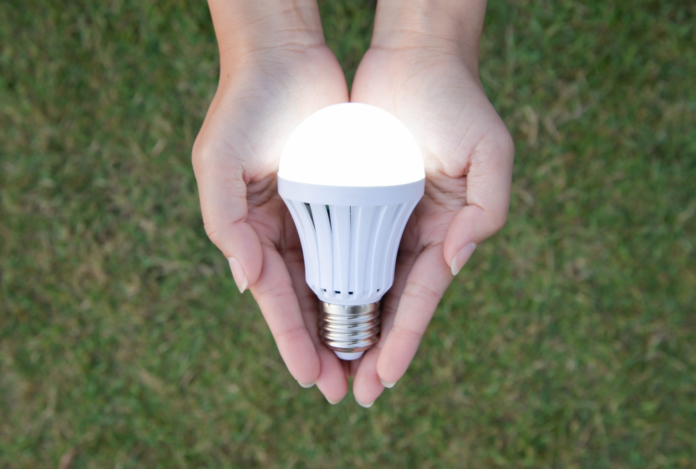Most people know that solar panels significantly reduce the electric bill each month, but does it eliminate it altogether? Many people are wondering, “Do I still have to pay my electric bill if I invest in solar panels?”
I wish the answer was simple and straightforward. Unfortunately, every state has different regulations for their electricity grid. Many states have strict and specific regulations limited how much their residents can go off-grid without meeting the requirements.
To find out if you will still need to pay the local electric company after investing in solar panels, check out the information below.
“Why Do I Still Have to Pay My Electric Bill?”
While some people invest in solar panels with the future hope of being entirely off-grid, that is not the only reason for their existence. Other hope to reduce their utility bills, while still others are more concerned with their environmental impact.
Grid parity is the term used when solar panels generate an amount of electricity equal to or greater than the cost of power from the grid. At this point, solar panel owners may be able to disconnect from the grid and cancel their electric bill entirely — but it depends on local regulations.
There may be other reasons affecting your electric bill, however. Keep reading to find out more.
Check Your Weather
Some areas of the country may not be able to generate enough solar power to completely offset the grid — especially when winter hits. If your electric bill is higher than average, look back on recent weather patterns. A pattern of cloudy or stormy weather will inhibit how much energy the solar panels can generate.
Obviously, states like Texas, and companies like Blue Raven Solar, are great for solar energy. However, even states more north can experience benefits from investing in this clean energy source.
Check Your Wattage
Long before investing in solar panels, it’s a good idea to record how many kilowatts your home consumes each month. This will fluctuate from month to month. If your energy usage is higher than your solar cells can generate, you will draw from the grid and increase your electric bill.
Consider Solar Batteries
Some states require homes to have solar batteries before they can completely withdraw from the grid. These batteries are a good investment anyway because they can store excess energy generated during sunny weather and provide it for the home later when the sun is less active.
Conserve More Energy
Large appliances are the biggest energy consumers. The best time to use them is on sunny days when the solar powers have plenty of resources to provide for them. To say goodbye to electric bills, you may need to rework your lifestyle a bit to conserve energy.
Are Solar Panels Worth It?
If you’re considering solar panels solely to be able to say, “I don’t have to pay my electric bill ever again,” it is not that simple. It will take time to figure out the perfect balance of energy conservation in your home. You may even want to save up for solar batteries — or need to if your local regulations require it.
For more high-tech guides like this one, take a second to check out our page.

